
DC Woman Wins Landmark Case After Suing Neighbor Over Overpowering Weed Smell

When Legalization Meets the Limits of Freedom: The D.C. Case That Redefined the Right to Breathe
For years, a quiet feud in a Washington, D.C. duplex evolved into one of the city’s most remarkable legal sagas—an unassuming neighborhood dispute that grew into a national conversation about rights, health, and the meaning of personal liberty. It began with something as ordinary as a smell—one that drifted through vents and across property lines, transforming the simple act of lighting up into a catalyst for a broader reckoning over what it means to live side by side in the age of legalization.
At the center of it all were two neighbors: 76-year-old public health scientist Josefa Ippolito-Shepherd and her 73-year-old neighbor, Thomas Cackett. Their conflict over marijuana smoke became a test of coexistence in a society that both celebrates and contests cannabis use. Beneath the legal jargon lay a single, human question: when one person’s lawful comfort becomes another’s suffering, who must yield?
A Clash Between Rights and Reality

In a city that has proudly championed progressive cannabis laws since 2015, Ippolito-Shepherd’s determination stood out. After years of frustration and failed mediation, she decided to represent herself in court—a rare act of civic persistence in an era when most residents would simply move away. Facing skepticism from officials and disbelief from her community, she persisted. Five years later, she achieved what few thought possible: a landmark ruling in her favor.
Judge Ebony Scott of the D.C. Superior Court declared that her neighbor’s marijuana smoke constituted a private nuisance—a substantial interference with her ability to enjoy her own home. The decision went beyond resolving a neighborhood spat; it redefined the concept of “private use” in an age where air, space, and even health are shared commodities.
A Smell That Refused to Go Away

The story began in Cleveland Park, a leafy enclave known for its turn-of-the-century homes and genteel calm. Around 2018, Ippolito-Shepherd began noticing a pungent, skunk-like odor creeping through her townhouse. At first, she brushed it off as a passing nuisance. But the smell persisted—settling into her clothes, clinging to her furniture, and seeping into every corner of her home. It wasn’t just unpleasant; it made her physically ill, triggering headaches, nausea, and respiratory distress.
On the other side of the wall, Cackett, a retired worker with chronic pain, arthritis, and sleep problems, relied on medical marijuana for relief. His use was entirely legal. But legality didn’t protect his neighbor from the smell—or from the anxiety that came with it.
When her complaints to city agencies went nowhere—officials admitted there were no clear laws governing smoke transfer between residences—she took the extraordinary step of suing. Her case wasn’t about money; it was about the right to breathe freely in her own home. And in doing so, she exposed a regulatory blind spot that legalization had left behind.
When Rights Collide: Inside the Courtroom

During the trial, Cackett defended himself with a mixture of candor and humor. He testified that he smoked once a day, usually eight to twelve puffs before bed, sometimes outside when the weather allowed. “I’m not Snoop Dogg,” he quipped, insisting that his use was modest and necessary for his health. His landlord, Angella Farserotu, added that indoor smoking was permitted only in poor weather conditions. But to Ippolito-Shepherd, the difference was meaningless—the odor, she said, was constant and invasive.
Judge Scott’s ruling sought to balance compassion with principle. While acknowledging Cackett’s legal right to smoke, she made clear that no one’s freedom extends to harming another’s peace of mind. “He does not possess a license to disrupt the full use and enjoyment of one’s land,” she wrote, invoking centuries-old property law. Her order prohibited Cackett and his guests from smoking or burning marijuana in any way that released odor within his home or within 25 feet of Ippolito-Shepherd’s property.
Even though medical evidence did not directly link her symptoms to marijuana smoke, the court recognized a broader truth: the law must evolve to address the shared realities of modern urban life.
The Ripple Effect of a Neighborhood Ruling
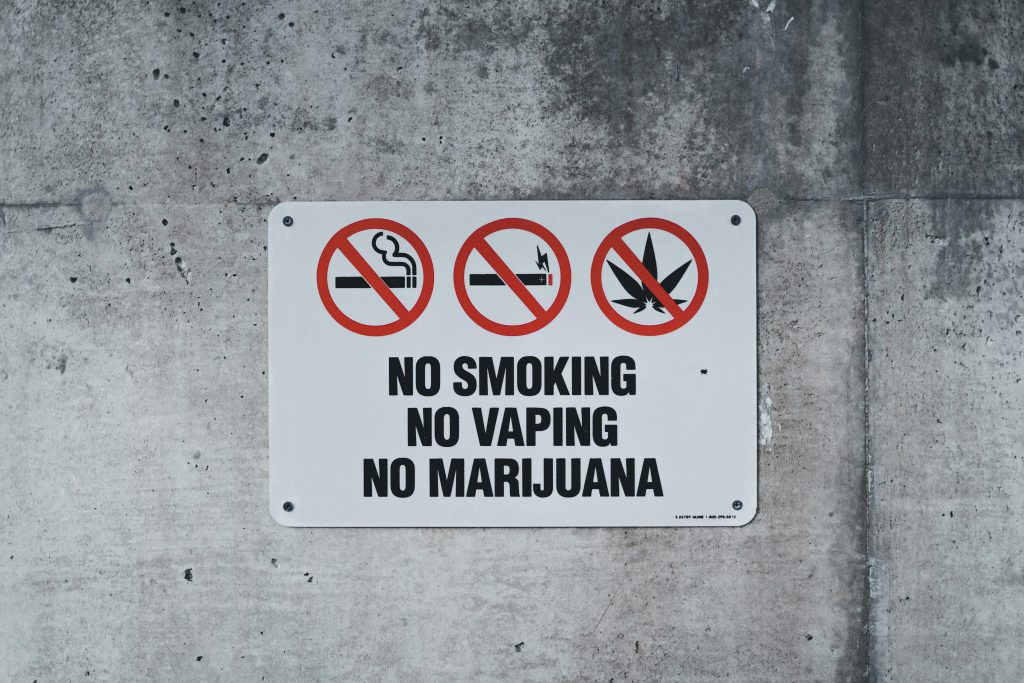
Legal scholars have since described the decision as a potential watershed moment—a ruling that could guide similar cases across the country. “It’s a big win from the public health perspective,” Ippolito-Shepherd said after her victory. “It’s setting a precedent for everyone who just wants to breathe clean air.”
Indeed, as cannabis legalization spreads nationwide, questions about where and how people consume it are becoming increasingly urgent. D.C.’s Initiative 71 allows private possession and use, but “private” becomes murky in dense housing where walls, vents, and air ducts blur the lines between one home and the next.
Other cities have faced similar dilemmas. Denver requires cannabis grow facilities to use carbon filters to reduce odor. New York City landlords increasingly prohibit all indoor smoking—tobacco and cannabis alike—to prevent conflicts. Even Amsterdam, long a symbol of cannabis freedom, recently banned outdoor smoking in its red-light district due to odor complaints. The D.C. decision adds momentum to this global shift toward regulating where people can smoke, rather than what they smoke.
What Science Says About Secondhand Cannabis Smoke
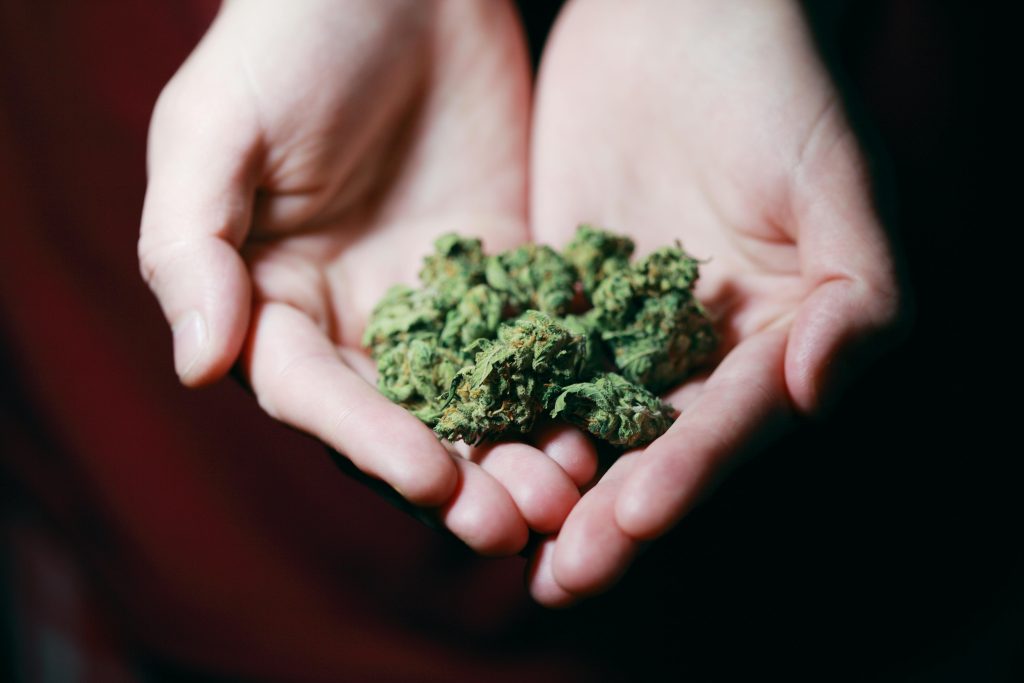
For years, cannabis was assumed to be safer than tobacco. Yet emerging research suggests its smoke may carry comparable health risks. The American Lung Association notes that marijuana smoke contains many of the same toxins and carcinogens as tobacco. The CDC warns that exposure, especially in enclosed spaces, can irritate lungs and blood vessels.
A study from the University of California, Berkeley found that secondhand cannabis smoke lingers longer in the air than tobacco smoke, raising potential risks for residents of apartments and duplexes. Epidemiologist Brooke Hoots of the CDC has said plainly, “Secondhand marijuana smoke contains the same cancer-causing toxins as secondhand tobacco smoke.”
Still, cannabis advocates caution against overgeneralization. Because federal law restricts research, data remain limited. Paul Armentano, deputy director of NORML, argues that long-term cannabis exposure has not been linked to the same severe respiratory diseases seen with tobacco. The truth likely lies in nuance: the risks depend on concentration, ventilation, and frequency—variables the courts are only beginning to grapple with.
Freedom, Boundaries, and the Ethics of Coexistence
Washington’s marijuana laws were designed to expand freedom and reduce criminalization. Yet, as this case demonstrates, every freedom exists within limits. Air doesn’t respect property lines. In a crowded city, one person’s habit can easily become another’s hardship. The ruling may encourage lawmakers to revisit smoking restrictions in multi-unit buildings, or even promote designated cannabis lounges where users can smoke without affecting others—a model already tested in Las Vegas and Denver.
For ordinary residents, the lesson is simple but profound: the right to use marijuana coexists with other rights—the right to health, to comfort, and to a peaceful home. Finding the balance between them will shape the next chapter of cannabis policy in America.
Persistence and Principle: One Woman’s Stand
What makes Ippolito-Shepherd’s story resonate far beyond D.C. is the sheer grit behind it. She fought the case alone, without a lawyer, armed only with her expertise in public health and a stubborn belief that she was right. She spent years compiling evidence, documenting odor incidents, and facing procedural delays—but she never gave up. “I was not interested in money,” she said. “I was interested in getting fresh air in my home.”
Her persistence turned a private frustration into a public principle: that comfort and dignity at home are worth defending. For Cackett, the outcome was deeply personal. The court’s order effectively barred him from smoking anywhere on or near his property, even outdoors—forcing him to abandon the only method that eased his pain.
Their conflict reveals the paradox of legalization: while it removes criminal penalties, it introduces new tensions about space, health, and responsibility.
Toward a Smarter Legal Future
As marijuana use becomes normalized across the U.S., the D.C. case stands as a cautionary tale and a call for innovation. It doesn’t undermine legalization—it refines it. Lawmakers may soon need to establish clearer building codes, ventilation standards, and tenant protections, much as they did with tobacco decades ago. Public health campaigns could help educate users about secondhand smoke, while the cannabis industry itself may find opportunity in creating odorless products or advanced air-filtration devices.
Ultimately, Judge Scott’s words capture the enduring lesson: the public good is best served by eliminating nuisances that rob others of their comfort and health. Freedom, after all, is not just the right to choose—but the duty to coexist.
A New Chapter for Shared Living
What began as a neighborhood nuisance has evolved into a powerful metaphor for modern life. The smell that wafted between two homes in Washington, D.C., has forced the nation to ask how far individual liberty should reach before it trespasses into someone else’s air.
For Josefa Ippolito-Shepherd, victory came not in headlines or money, but in the quiet relief of clean air and peace of mind. For the rest of us, her case lingers as a reminder that legality is not limitless liberty—it is a balance. In an increasingly interconnected world, where walls grow thinner and communities denser, that balance will define the ethics of coexistence for generations to come.
News in the same category


According To This Psychologist, A Dirty Car Can Reveal A Lot About Your Personality

Most drivers don't know the purpose of the car door hook

Most people don't know the meaning of wearing an ankle bracelet
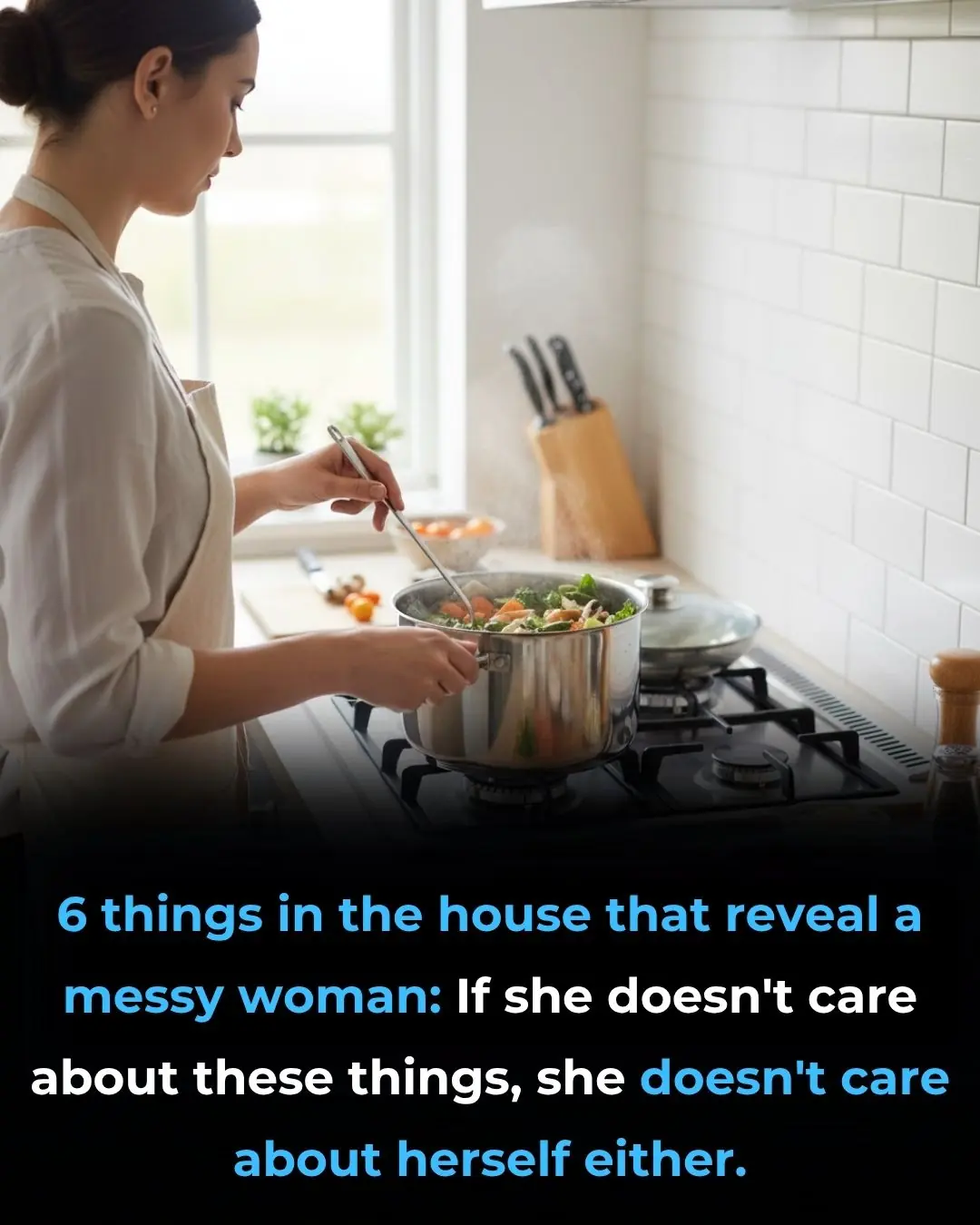
What Clutter and Neglect Might Be Saying

Why the “Good Side” of Your Fence Should Face Your Neighbor
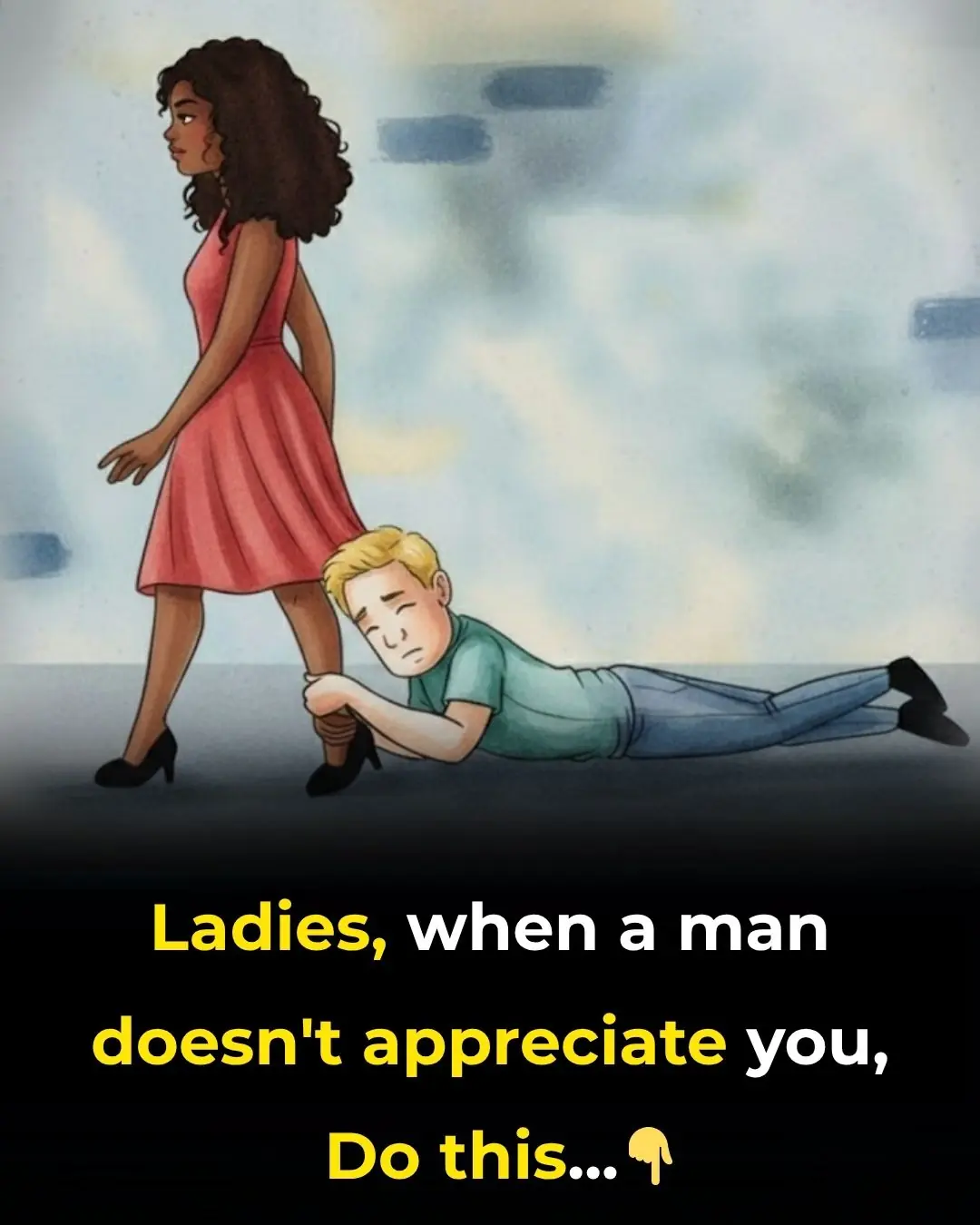
If a Man Doesn’t Appreciate You, Here’s What You Should Do

Baba Vanga’s List Of Predictions For The Next 75 Years Revealed And They’re Seriously Terrifying

LEGO Builds Confidence in Young Patients Facing MRI Scans

Sweden Becomes the First Nation to Turn Travel Into Medicine — Doctors Can Now ‘Prescribe’ a Trip for Wellness

What Does It Mean When the Departed Visit Our Dreams?

Why We Feel That Little Electric Sh0ck When We Touch Another Person—Science Explains

If a Man Doesn’t Appreciate You, Here’s What You Should Do

When a woman stops loving a man, she begins…
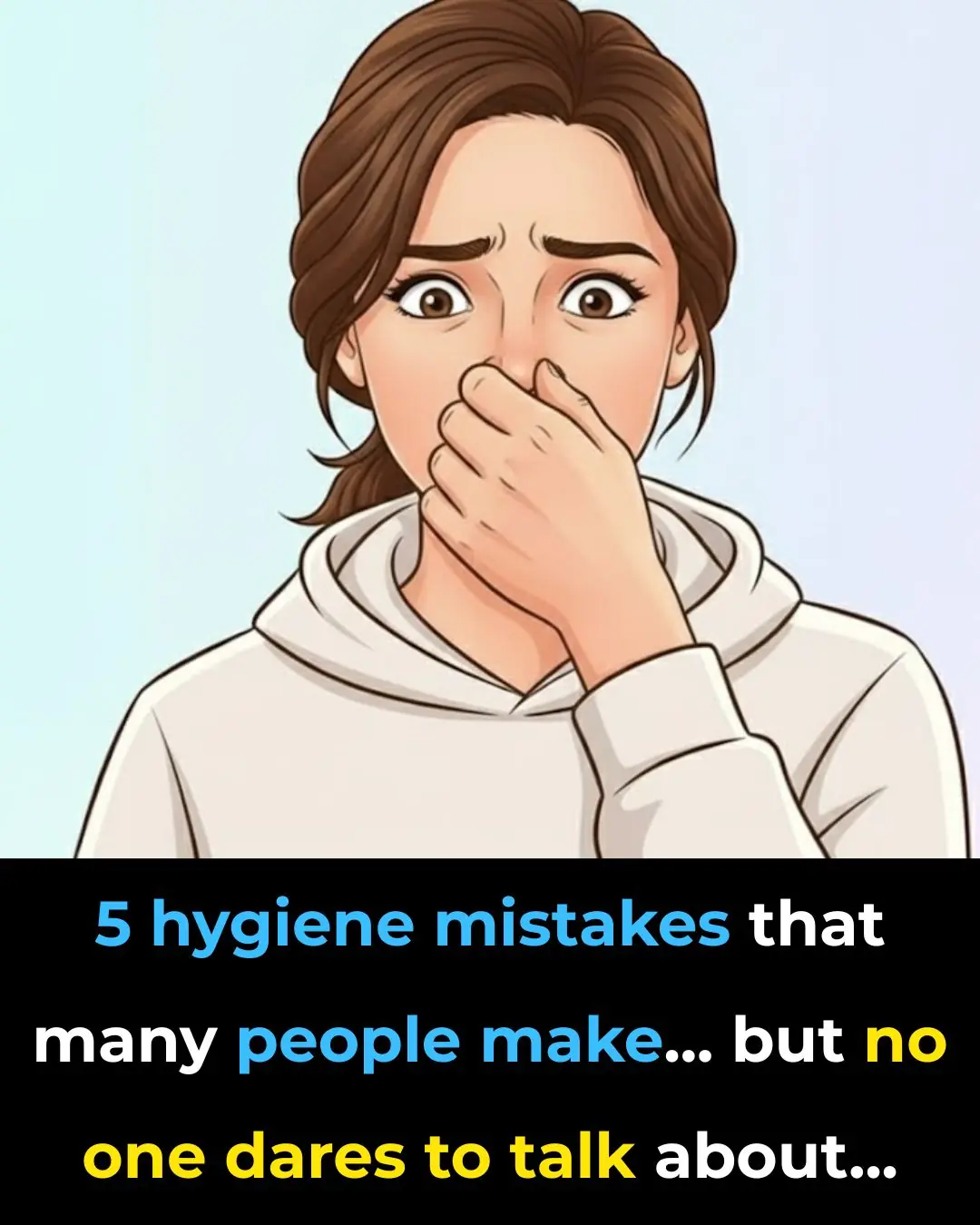
5 hygiene mistakes that many people make... but no one dares to talk about...

What does this gesture mean?

Is Too Much Rice Harming Your Health

Has This Ever Happened to You? The Strange Phenomenon That Freezes You in Your Sleep
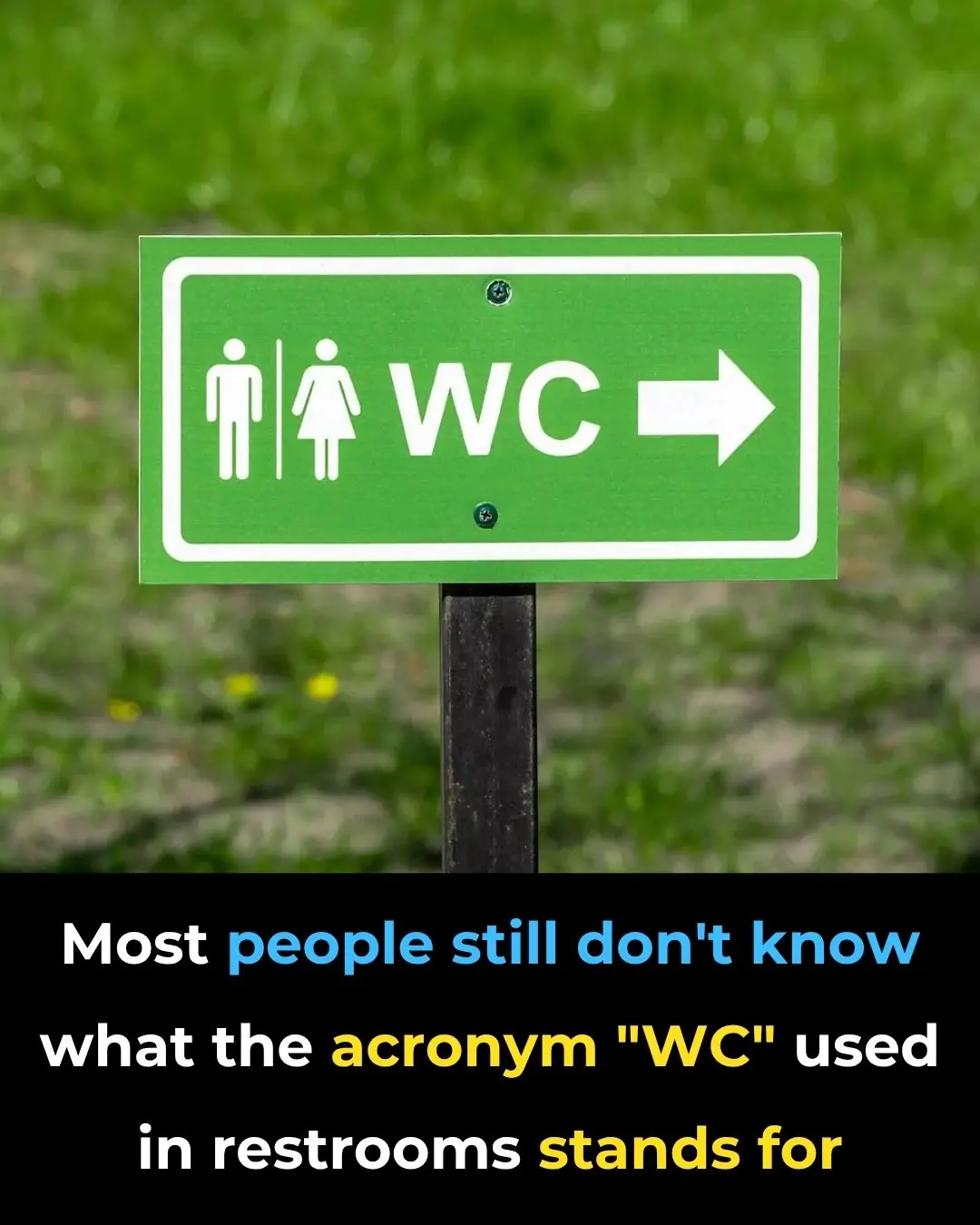
Some people are only now realizing what the “WC” sign stands for on washrooms
News Post
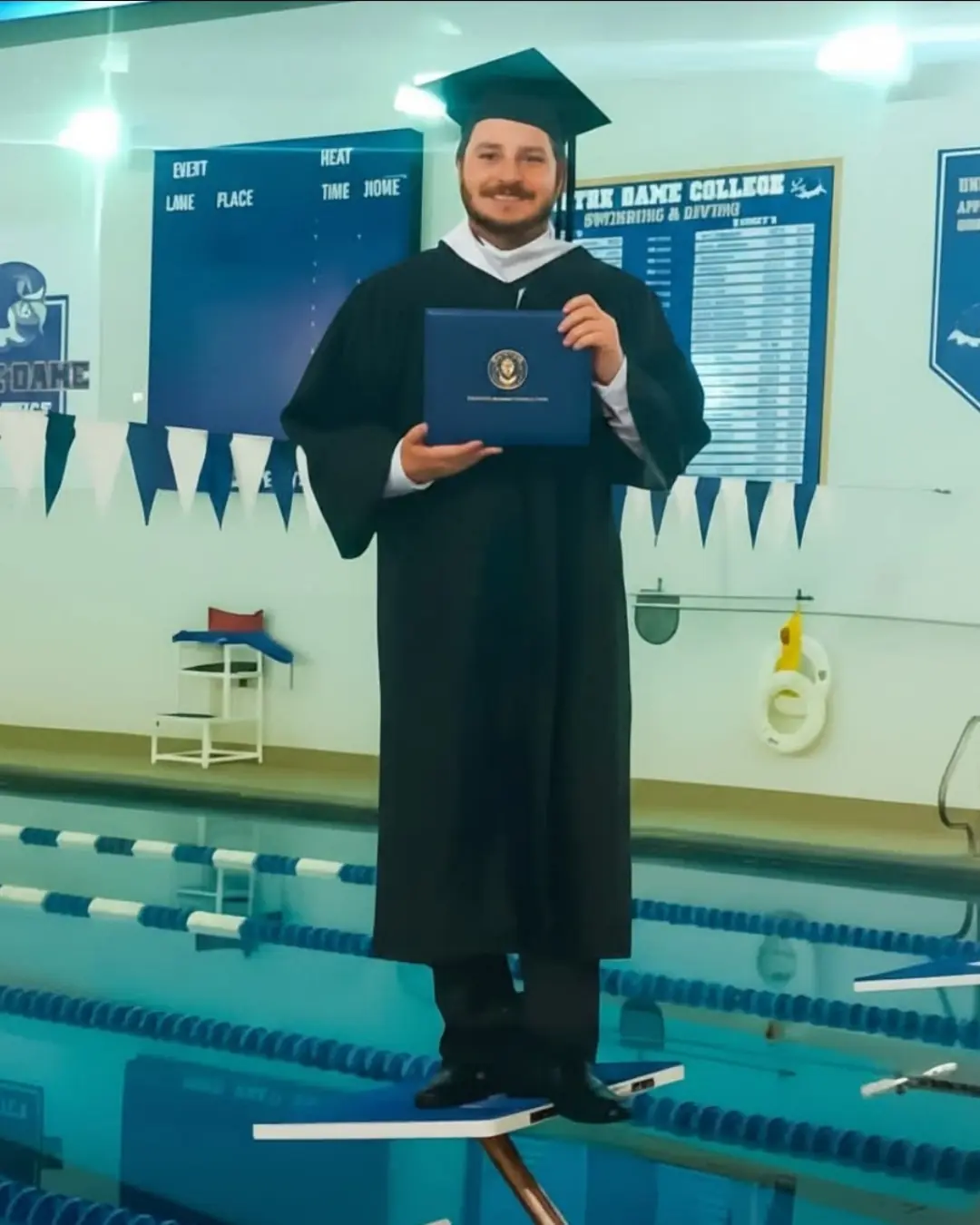
Against All Odds: A Son’s Journey From “He’ll Never” to “He Did”

A Little Boy’s Dream: Helping Jaś Find His Voice
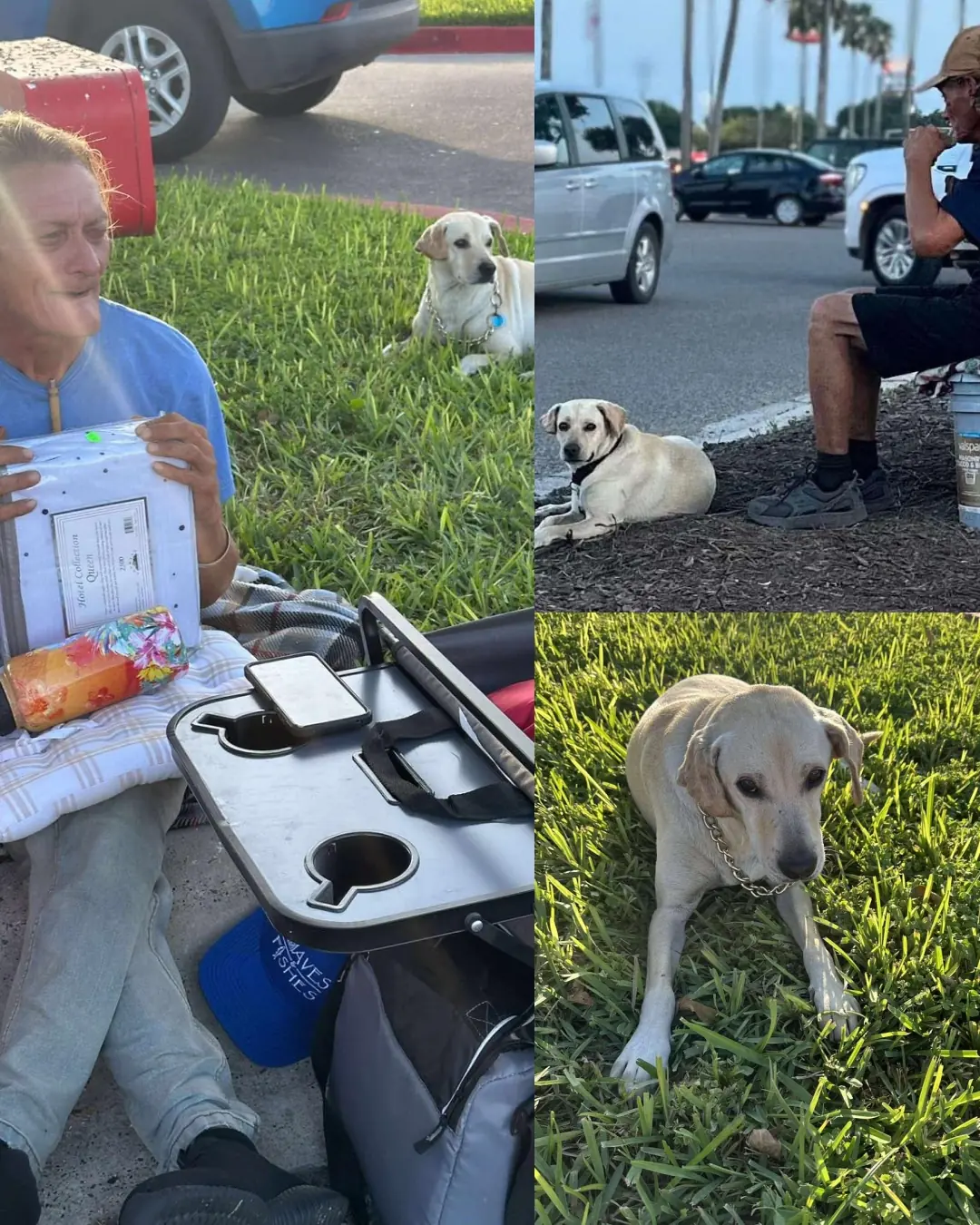
A Story of Love, Loyalty, and a Simple Wish for Help

Danya’s Light: A Remarkable Tale of Resilience, Kindness, and Giving Back

The Badge, the Blood, and the Heart Beneath the Uniform.

When a Lion Remembered Love.

The Sun Still Shines: The Courage of Sophie Scholl.

Carter’s Journey: A Moment of Hope and Resilience Amidst the Struggles

Marek's Courageous Battle: A Story of Love, Hope, and Unwavering Strength

The Golden Elephant: When Nature Turned Light Into Living Majesty.

The Hands That Heal: A Tribute to the Quiet Heroes in Scrubs.

Top 10 Signs of Kidney Problems You Absolutely Must Be Aware Of

The Olive Oil Fasting Trick That Resets Insulin Resistance — and Triggers Deep Cellular Cleanup

What Really Happens When You Eat Garlic at Night

Apple Extract Found to Kill Colon Cancer Cells More Effectively Than Chemotherapy Drug
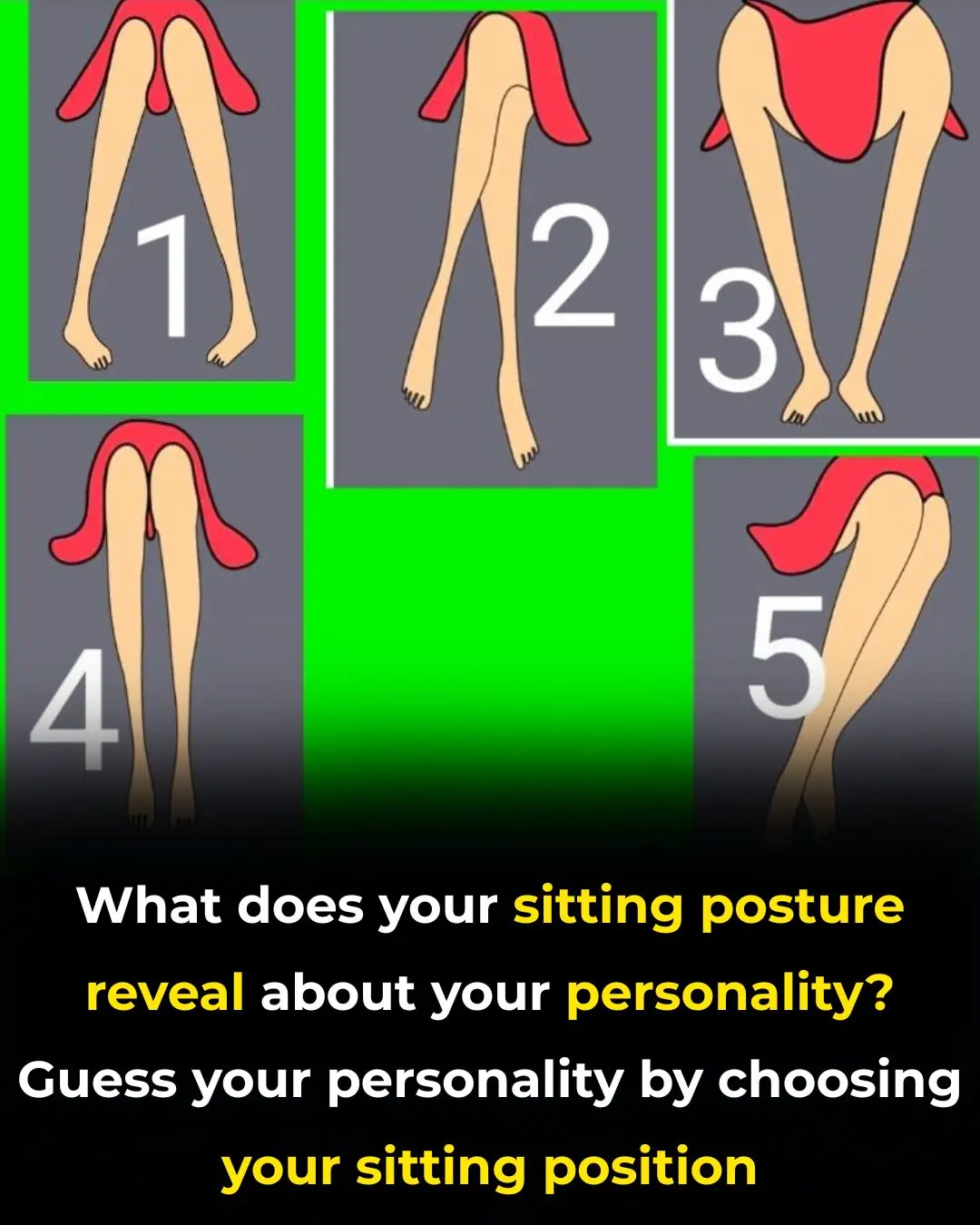
What Does Your Sitting Position Reveal About Your Personality

The Uses Of This Small Hole On a Padlock
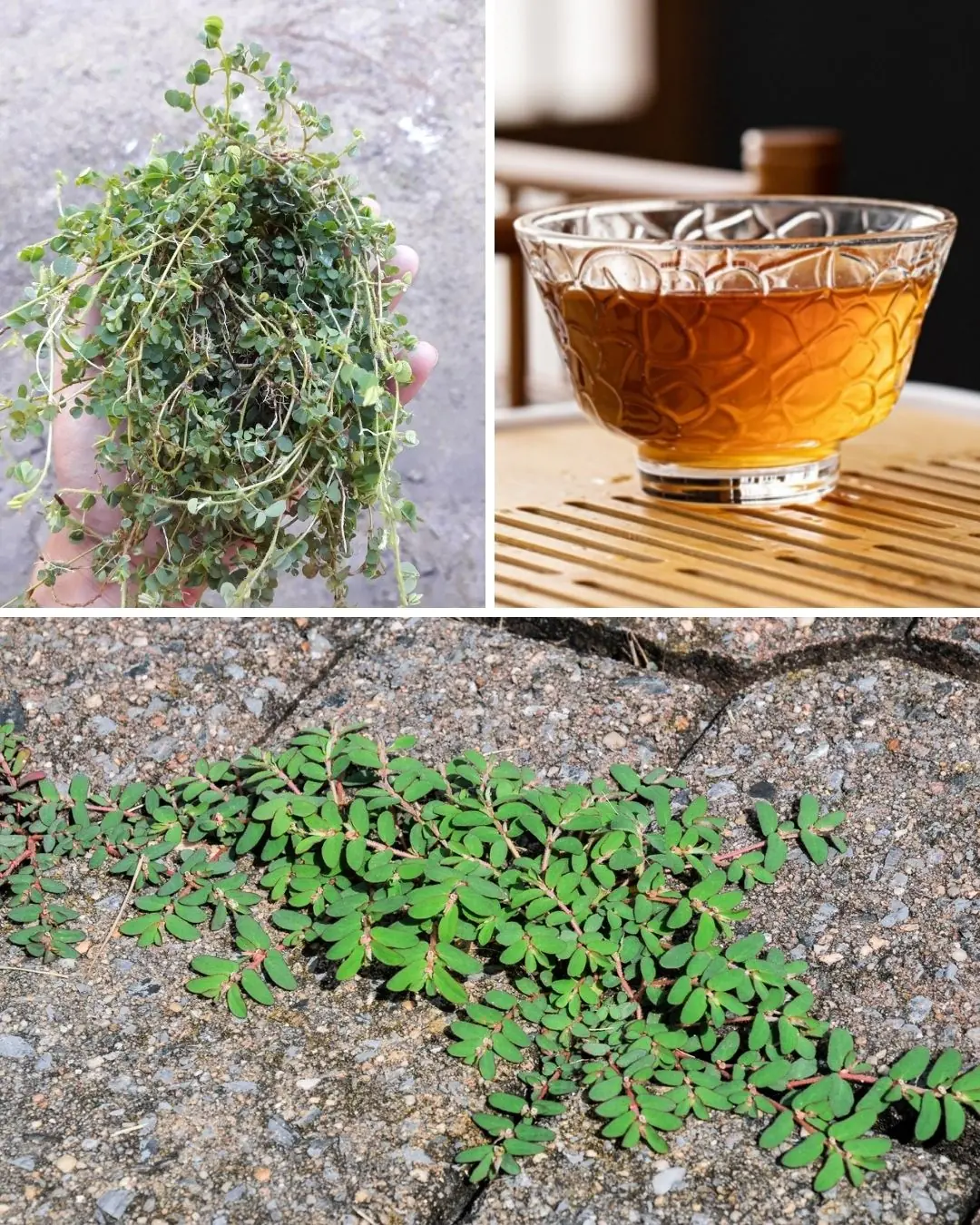
The Health Benefits of Euphorbia Thymifolia: A Powerful Yet Overlooked Herb 🌿✨

The Powerful Health Benefits of Papaya Seeds: Why You Should Include Them in Your Diet
